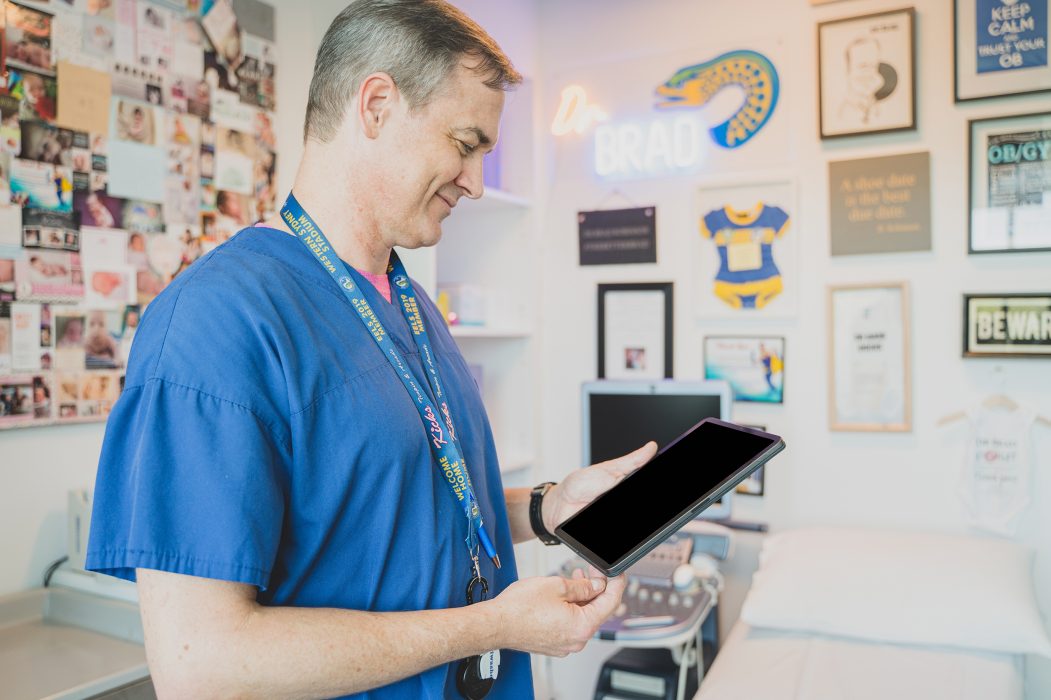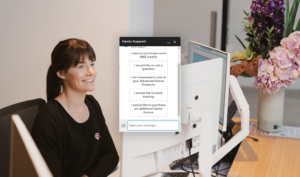One of the most important relationships you’ll manage in private practice is with local GP’s. It’s their referrals that allow you to expand your patient base. Established private practice specialists stress the importance of GP relationships, especially when you’re starting out. To build rapport, it’s important to reach out to GP’s in the area and to build a trusted network.
Tips for building your relationships with GP’s
The communication and support runs both ways. Try to arrange a session on your specialty to GPs to expand their knowledge of your field and build their trust in your skills. If you work in public hospitals, build awareness with other doctors in the hospital, including in other specialties.
Alternative ways to build your relationships with GP’s
- Send newsletters or some form of regular communications to your GP network, so your practice stays front of mind.
- Once you’ve seen a GP’s patient, give the referring doctor a call to fill them in on the consult. If a phone call isn’t practical, send an electronic letter to keep the GP informed and suggest a course of action. This ensures the GP is prepared to discuss the outcome of their consult with the patient.
- Make it easy for them to reach you, by giving them your mobile number so that you’re easily contactable.
- Define your unique selling points and promote them to GP’s.

Deep insights into your referrals
On the flip side of referral generation is being able to understand where referrals are coming from. Which GPs are referring you to their patients? How often do they refer you? And what do those referrals mean to your practice, financially and in terms of building your reputation?
One of the great benefits of practice management software like Genie and Gentu is that you can see where your main referrals are coming from – including the name of the doctor, their location, the number of referrals over time and the amount of revenue generated from those referrals. This data is easily accessible, and easy to read and interpret.
How can it help you manage your referrals?
- If you know who is referring, you can focus on fostering existing relationships, which generally leads to more repeat referrals over time
- Referrals are revenue so why not send out thank you notes or gifts to nurture those GP relationships?
- Referral sources can guide your business decisions and help you grow your business
If GP’s have sent you a lot of referrals, you could consider recommending those GP’s to your patients, so the benefits flow both ways.
Relationships with other specialists can also help you build your network and expand your patient base too.
When working with GPs, make sure you answer your phone and respond to their queries. One practice we spoke to warned that specialists who use answering services can be at a disadvantage. For example, if a GP refers a specialist and that specialist isn’t quick to respond to a patient inquiry, it can sour the relationship. One practice manager says if patients call back to complain that the specialist didn’t return their call, the GP practice will no longer refer that specialist.
It pays to be mindful of your interactions with others and the flow-on implications to your practice.
Want to learn more about getting your practice up and running? Check out our New to Private Practice Guide





